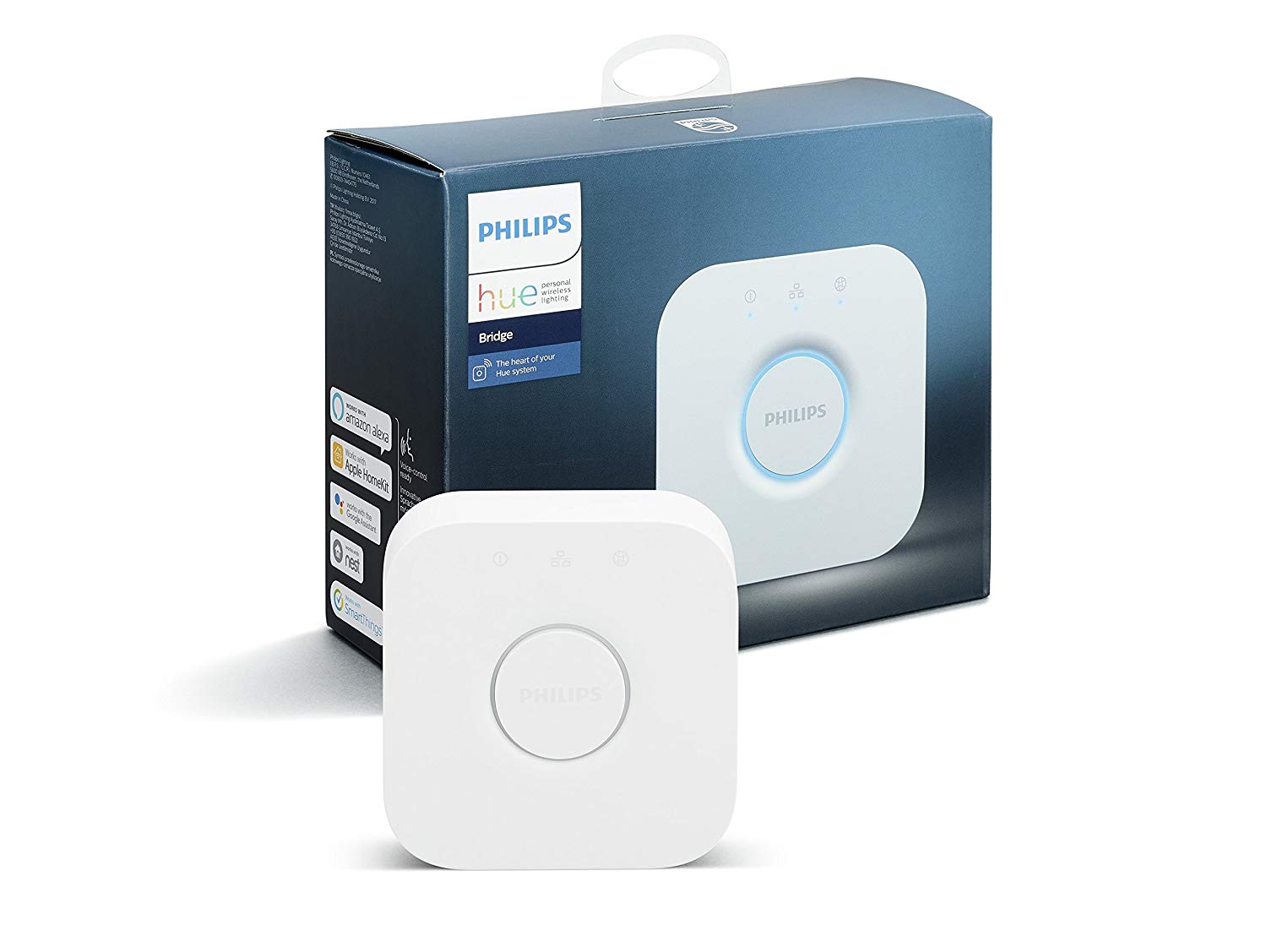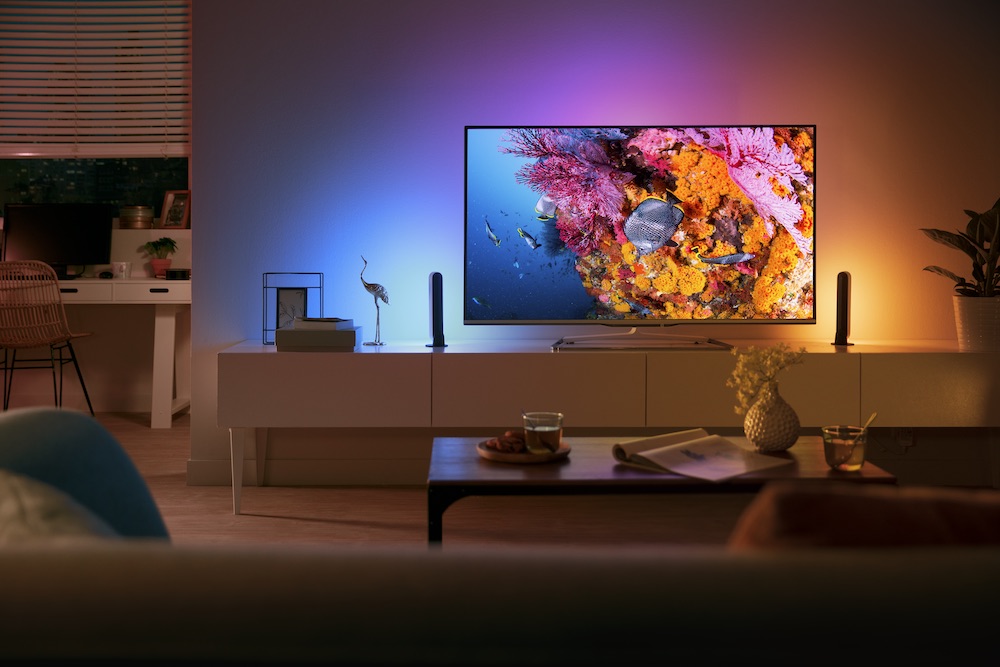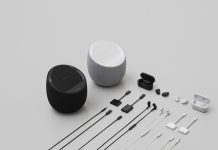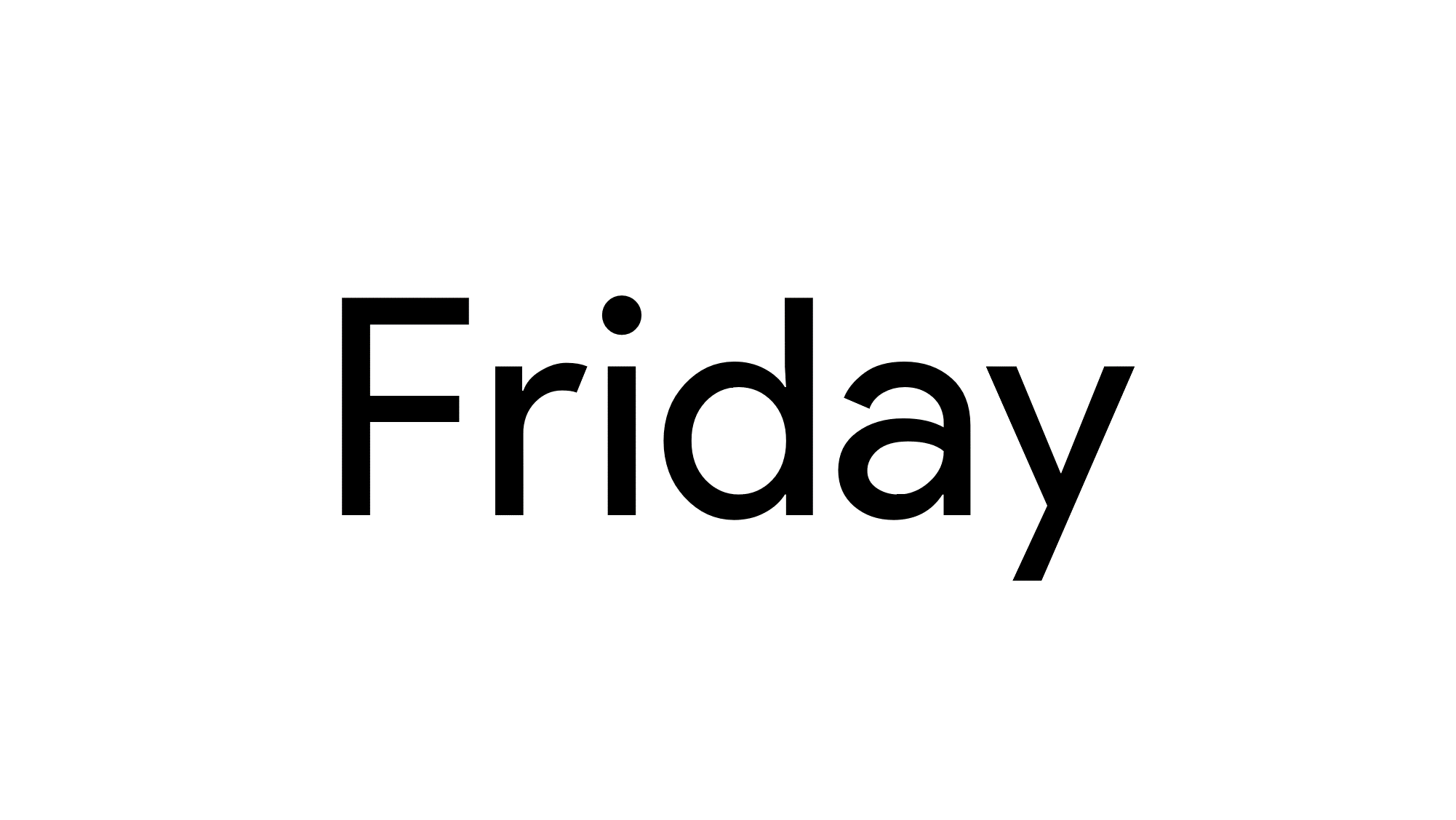Standards are good but only if most (ideally all) of an industry adopt them. Signify has announced that the complete Philips Hue range will be compatible with the new smart home connectivity standard Matter (previously known as Project CHIP – Connected Home over IP).
Announced by the Connectivity Standards Alliance (formerly Zigbee Alliance) on 11 May, Matter is a new industry-unifying standard that enables smart devices to work together seamlessly. Philips Hue users will benefit from greater interoperability – making organising an innovative smart home easier than ever before.
George Yianni, Head of Technology Philips Hue at Signify said:
“Within Philips Hue, we are always looking to provide our users with the latest innovative and enhanced connected experiences with other smart home systems.
By actively participating in demos and testing the interoperability of Philips Hue with other smart home devices via Matter, we were able to raise the smart home experience with Philips Hue to the next level.
I believe this single, unified connectivity standard will transform smart home technology from an emerging technology to mass household adoption”.
- The Philips Hue Bridge smart lighting hub will be automatically enriched with Matter making all connected Philips Hue products compatible with this new industry-unifying standard
- By supporting Matter, Philips Hue future-proofs its products, ensuring a simplified connected experience between its advanced smart lighting and other smart devices
- Matter is currently expected to be launched by the Connectivity Standards Alliance in the last quarter of 2021
Signify, the world leader in lighting, announces all existing and new Philips Hue smart lights and accessories will be compatible with Matter via a software update to the Hue Bridge.
Matter to be enabled across all Philips Hue products in just one step
Philips Hue offers premium priced easy-to-personalise comprehensive smart lighting, for which the Hue Bridge is the smart lighting hub that connects and controls all Philips Hue products, from indoor and outdoor lights to entertainment features, smart accessories, and more.
To take the Philips Hue smart home integration to the next level, the user’s Hue Bridge software will simply be updated automatically with Matter.
Via this update, Philips Hue users will benefit from a simplified connected experience when integrating with other smart home devices. As all previous settings and personalisation across Philips Hue products will remain after the Hue Bridge Matter update, users will continue to enjoy the wide range of features to personalise their homes with smart lighting, including light scenes, automated schedules, advanced entertainment possibilities and more.
Philips Hue is a leading contributor to the development of Matter.
As a Connectivity Standards Alliance board member, a Matter and Zigbee steering committee member and an active member in developing the specification and certification, Signify has established itself as a leading player in the development of Matter.
Signify has contributed from the start to develop the new industry-unifying standard to enable seamless integration with smart lighting and to enhance the unique Philips Hue user experience further.
Signify has actively participated in demos and periodically tested Matter interoperability of Philips Hue products with smart home partners, ensuring current and future Philips Hue users will have a superior and seamless connected experience.
Matter is currently expected to be launched by the Connectivity Standards Alliance in the last quarter of 2021. The Hue Bridge’s software update will become globally available soon after the launch of Matter.






The sole appropriate response to what Philips are proposing is the classic XKCD strip, Standards.
https://xkcd.com/927/
From a satirical perspective I 100% agree, I love that XKCD. However, the Matter alliance is the best single chance I have seen in recent years to actually create a standard that many people will adopt. With the wide adoption, it has already gathered it is at least starting strong. Will competing and restricted standard emerg maybe, will the member companies fall out and split off, likely. But for now, we actually have the chance of a real IoT standard